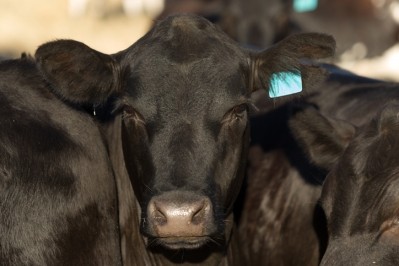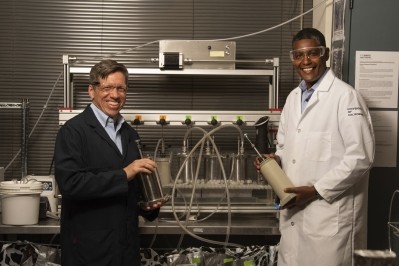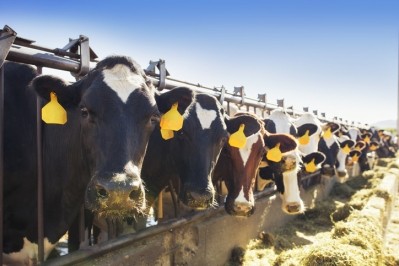Scaling up production of methane reducing feed additive: DSM starts building facility in Scotland

The company unveiled its plans for new plant last year during COP26 in Glasgow, with the development being supported by the Scottish Government through Scottish Enterprise, the national agency supporting economic development and innovation.
The groundbreaking ceremony was attended by the First Minister of Scotland, Nicola Sturgeon, and Dimitri de Vreeze, Co-CEO of DSM.
The plant will significantly increase global production of the feed additive, said DSM.
Bovaer can achieve an average enteric methane reduction of 30% in dairy cows, and 45% in beef cattle, according to trial findings. The development of the product took over 10 years, and is backed by 45 on-farm trials in 13 countries across four continents, and more than 48 peer-reviewed studies published in independent scientific journals, within that period.
Commercialization phase
DSM has initial product volumes available for near term market development, with the additive in the early commercialization phase in many countries around the world, including the EU/EEA, Argentina, Australia, Brazil, Chile, Pakistan, Switzerland, Turkey, and Uruguay.
The company has established a number of pilot programs for the feed additive in markets where it has already been approved.
Since the start of the development of Bovaer, an estimate of 15,000 tons of CO2e has been saved, and reductions will accelerate further once the Dalry plant is fully operational, expected in the course of 2025, said the producer.
Need for urgent action
Reducing methane emissions is crucial for keeping warming below the 1.5°C target outlined in the Paris Agreement. Over 100 countries have signed a Global Methane Pledge, agreeing to reduce global methane emissions by at least 30% by 2030. The addition of new signatories in recent months, such as Australia in October 2022, underscores growing recognition of the need for urgent action, said DSM.
Ruminants emit around 20% of all methane gasses globally, so reducing emissions in the sector will play a vital role in meeting global climate ambitions, it maintains.








